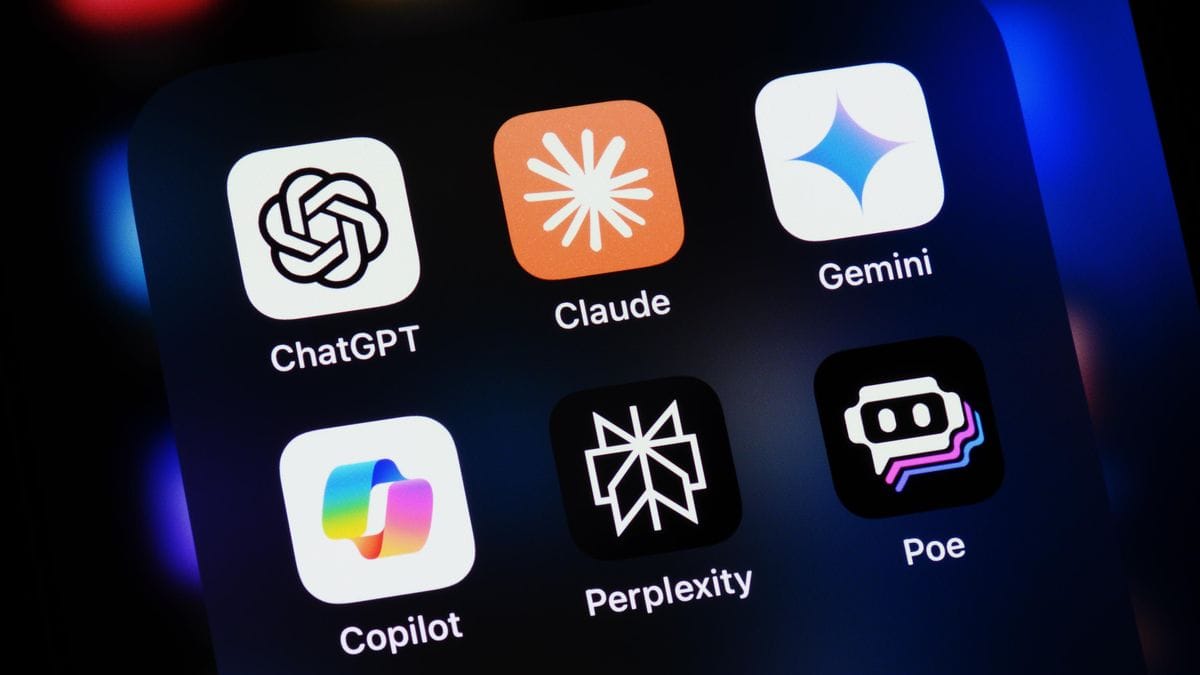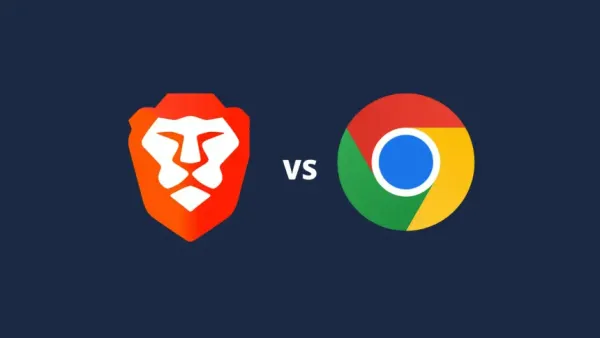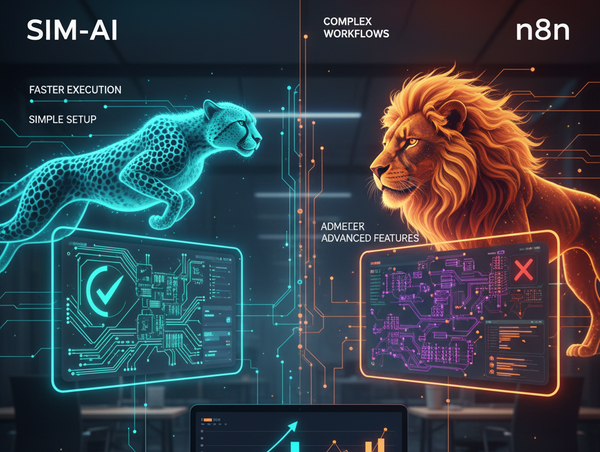The Great AI Face-Off: 2025

In the wild world of AI, every few months feels like a whole new generation is born. Today, we have several heavy-hitters battling it out in the generative AI space. Each one brings unique strengths, quirks, and some limitations. Whether you're an enthusiast, a business owner, or just AI-curious, let’s break down how Claude, ChatGPT, Grok, Qwen, DeepSeek, MetaAI, and Gemini stack up against each other.
Which AI truly gets you, and which one still needs training wheels?
Artificial Intelligence isn’t a buzzword anymore. It’s your writing buddy, code whisperer, research assistant, therapist (almost), and even your meme co-creator. But not all AIs are built alike; it can feel like choosing a new friend: each has its own personality, quirks, and superpowers. Today, I’m diving into seven popular AI modules—Claude, ChatGPT, Grok, Qwen, DeepSeek, Meta AI, and Gemini—to compare their strengths and weaknesses in a way that feels real and relatable. Let’s find out which one might vibe with you in 2025!
Claude: The Thoughtful Storyteller
Who’s Claude? Developed by Anthropic, Claude is like that friend who always thinks before they speak, prioritizing safety and human-like conversation.
Strengths:
- Human-Like Writing: Claude shines in creative tasks like storytelling or drafting emails that feel warm and natural.
- Ethical Guardrails: Built with a focus on minimizing bias and harmful outputs, Claude is a go-to for sensitive industries like healthcare or legal work.
- Long-Form Content: With a context window of up to 200K tokens, Claude can handle massive documents, making it great for summarizing reports or deep analysis.
Weaknesses:
- Limited Multimodality: Claude is mostly text-focused, lacking native image or audio processing, which feels like a step behind in 2025’s multimodal world.
- Slower on Real-Time Data: Unlike some rivals, Claude doesn’t browse the web natively, so it’s not your pick for breaking news.
- Accessibility: Claude’s free tier has daily limits, and it’s not available everywhere, which can be a bummer if you’re outside its regions.
Vibe Check: Claude’s your pick if you need a thoughtful, ethical companion for writing or deep dives, but it’s not the life of the party for multimedia or real-time tasks.
ChatGPT: The Jack-of-All-Trades
Who’s ChatGPT? OpenAI’s ChatGPT is the AI everyone’s heard of—like the popular kid who’s good at almost everything but not always the best at any one thing.
Strengths:
- Versatility: From coding to creative writing to answering random trivia, ChatGPT’s GPT-4o handles it all with flair. It’s like a Swiss Army knife for AI tasks.
- Multimodal Magic: Paid users can upload images, analyze charts, or generate visuals with DALL·E 3, making it a creative powerhouse.
- Huge Ecosystem: With web access (via Bing for Plus users), API integrations, and plugins, ChatGPT fits into workflows like Slack or Microsoft Office.
Weaknesses:
- Reasoning Lag: Recent benchmarks suggest ChatGPT’s reasoning isn’t as sharp as Grok or DeepSeek for complex logic or math.
- Cost Creep: The free tier uses GPT-3.5, which feels dated, and the $20/month Plus plan is needed for full power, which adds up.
- Occasional Hallucinations: ChatGPT can confidently spit out wrong info, so fact-checking is a must for research.
Vibe Check: ChatGPT’s your go-to for a reliable, all-purpose buddy, but it might not outshine specialists in niche tasks.
Grok: The Witty Maverick
Who’s Grok? Created by xAI, Grok is the rebellious, witty AI with a knack for real-time insights, like your friend who’s always scrolling X for the latest tea.
Strengths:
- Reasoning Prowess: Grok 3 boasts top scores in benchmarks like MMLU Pro and Chatbot Arena (1400+ ELO), excelling in math, science, and logic.
- Real-Time X Integration: Grok pulls live data from X, making it ideal for trending topics or current events.
- Unfiltered Edge: Grok’s less censored approach offers candid takes on sensitive topics, though it stays neutral under pressure.
Weaknesses:
- Multimodal Limits: Its image generator, Aurora, isn’t as polished as DALL·E or Flux.1, and audio support is still emerging.
- Temporary Free Access: Grok 3 is free now, but xAI plans to introduce subscriptions, which could limit accessibility.
- Compliance Risks: Its X integration raises concerns about handling sensitive data, so it’s not ideal for regulated industries.
Vibe Check: Grok’s perfect for those who love a bold, quick-witted AI with a finger on the pulse, but it’s not for super-private or multimedia-heavy tasks.
Qwen: The Multilingual Maestro
Who’s Qwen? Alibaba’s Qwen is the AI for global communicators, especially strong in Chinese but flexing in multiple languages.
Strengths:
- Multilingual Mastery: Qwen 2.5 excels in Chinese NLP and supports other languages, making it a bridge for cross-cultural projects.
- Mixture-of-Experts Efficiency: Its MoE architecture handles text, images, and audio with low resource use, great for enterprise tasks.
- Affordable Access: Smaller models are open-source, and API pricing is competitive (~$10/million tokens), appealing to budget-conscious users.
Weaknesses:
- Regional Focus: Qwen’s optimized for Chinese users, so English responses can feel less polished than Claude or ChatGPT.
- Limited Global Reach: Full-power models are tied to Alibaba Cloud, which may not be as accessible outside Asia.
- Censorship Concerns: Like DeepSeek, Qwen may have guardrails on sensitive topics, limiting its openness.
Vibe Check: Qwen’s your match if you’re working on multilingual or enterprise projects, but it’s less ideal for casual or Western-centric tasks.
DeepSeek: The Budget Brainiac
Who’s DeepSeek? This Chinese startup’s R1 model is the scrappy underdog, delivering high performance on a shoestring budget.
Strengths:
- Cost Efficiency: DeepSeek R1 was trained for ~$5.6M, yet rivals GPT-4 in math, coding, and logic, with API pricing as low as $0.0008/1K tokens.
- Open-Source Options: Older models are open-source, perfect for developers or researchers who want control.
- Technical Prowess: It scores high on benchmarks like MATH-500 (97.3%) and AIME 2024 (79.8%), ideal for STEM tasks.
Weaknesses:
- Text-Only Focus: DeepSeek lacks image or audio processing, limiting its creative scope.
- Polished Tone Issues: Its English responses can feel stiff or overly formal, not great for casual chats.
- Security Concerns: As a China-based model, data privacy worries have led to restrictions in places like Australia.
Vibe Check: DeepSeek’s a dream for coders and researchers on a budget, but it’s not the smoothest talker or multimedia star.
Meta AI: The Reliable Sidekick
Who’s Meta AI? Meta’s chatbot is the dependable friend who sticks to the basics, integrated into platforms like WhatsApp and Facebook.
Strengths:
- Accessibility: Free and widely available across Meta’s apps, it’s easy to use for quick queries.
- Common-Sense Queries: Meta AI excels at straightforward tasks like answering FAQs or providing basic info, with a focus on reliability.
- Transparency: Recent updates warn users about potential inaccuracies, which builds trust for casual use.
Weaknesses:
- Limited Depth: It lags in complex reasoning, coding, or creative writing compared to Claude or ChatGPT.
- No Market Share: Meta AI doesn’t stand out in benchmarks or have a dedicated following, making it feel like an also-ran.
- Ecosystem Lock-In: It’s best within Meta’s platforms, so it’s less versatile for external workflows.
Vibe Check: Meta AI’s great for quick, no-fuss answers within Meta’s world, but it’s not your pick for heavy lifting or creativity.
Gemini: The Multimedia Maestro
Who’s Gemini? Google’s Gemini is the polished, tech-savvy friend who’s deeply plugged into the Google ecosystem and loves multimedia.
Strengths:
- Full Multimodality: Gemini 2.5 Pro handles text, images, audio, and video, with features like video summarization or image analysis.
- Google Integration: Seamless ties to Google Docs, Search, and Workspace make it a productivity beast.
- Real-Time Research: Native web access ensures up-to-date answers, perfect for research or fact-checking.
Weaknesses:
- Reasoning Gaps: Gemini’s logic skills trail Grok or DeepSeek in benchmarks like GPQA Diamond (84.0% vs. 84.6% for Grok).
- Privacy Concerns: Google’s data practices raise eyebrows, especially for sensitive tasks.
- Paywall Features: The best features, like Gemini Advanced, require a Google One subscription, limiting free access.
Vibe Check: Gemini’s your multimedia and research rockstar if you’re in Google’s orbit, but it’s not the deepest thinker.
So, Who’s Your AI Match?
Picking an AI in 2025 is like choosing a coffee order—it depends on your taste and needs. Here’s a quick cheat sheet:
- Creative Writing or Ethical Needs? Claude’s your soulmate for natural prose and safe outputs.
- All-Purpose Power? ChatGPT’s versatility makes it a crowd-pleaser.
- Real-Time Edge or Reasoning? Grok’s wit and X integration keep it fresh.
- Multilingual or Enterprise? Qwen’s your global connector.
- Budget STEM Star? DeepSeek delivers brains without breaking the bank.
- Quick and Simple? Meta AI’s got your back for basic queries.
- Multimedia or Research? Gemini’s Google-powered flair shines.
Each AI has its own flavour, and honestly, there’s no “best” one—just the one that fits you. I’ve been loving Grok’s snappy takes for keeping up with trends, but Claude’s my go-to for drafting heartfelt emails. What about you? Which AI are you vibing with, and what do you use it for? Drop your thoughts below, and let’s nerd out together!




